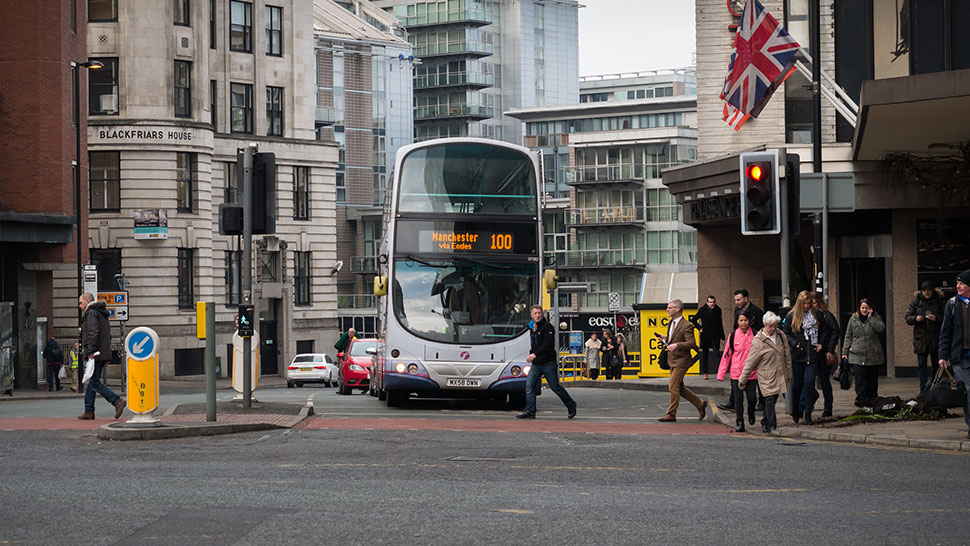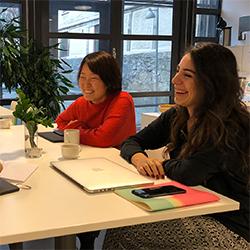
Boundary Agents in Participative Enquiry - Working Across Boundaries
The SMLIP project Working Across Boundaries is specifically designed to understand the dynamics and difficulties of working across disciplinary and organisational boundaries. The effectiveness of collaboration depends not just upon the willingness of different parties to work together, but how they frame issues and the extent to which their organisational cultures support innovative ways of working, without being an impediment to career development and learning.
This work examines these issues by interviewing leading researchers in the area of co-production and asks:
• How are the boundaries between justification for knowledge and application of knowledge in different forms of practice negotiated and understood?
• How do the contexts within which knowledge is produced relate to its content, particularly when it comes to recognition of different knowledges?
• What is the role of various forces in shaping the direction and process of knowledge production, reception and deployment and what issues inform effective knowledge exchange?
Overall, it will focus upon and include not only the producers, but also the funders, co-producers and ‘users’ of research in order to compare the expectation, production, reception and evaluation of knowledges and their implications for research practice. Involving these groups is important given: the need for better understanding of the role of research in the policy process and community development; need for a better understanding of the capacities and capabilities of universities and other institutions and forms of practice to deliver socio-economic benefits and need to develop effective and long-term relationships within the university and between the university and its partners based on an understanding developed through a process of learning.
There is a strong comparative learning element to this work via the NICKEL – the Network for International Comparative Knowledge Exchange and Learning. This is an international enquiry through workshops and collaborative writing to develop comparative understanding of boundary agents in sustainable urban development.
For more information please contact Professor Tim May. Contacts below.







